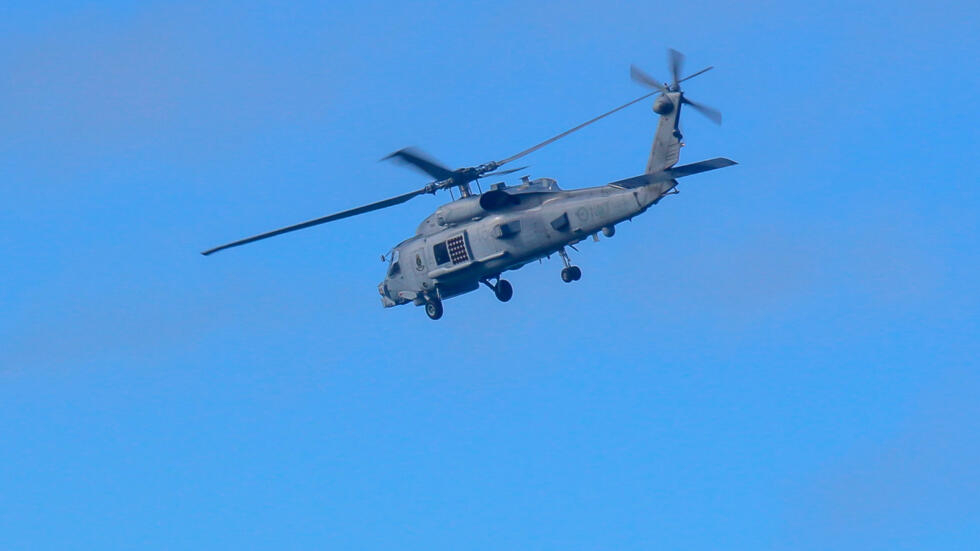The resurgence of the contentious $300 helicopter landing fee imposed by the Nigerian Airspace Management Agency (NAMA) has reignited a long-simmering dispute between helicopter operators and the Federal Government. This fee, initially proposed in 2024, was met with fierce resistance from both helicopter and scheduled flight operators, forcing the government to temporarily suspend its implementation. NAMA, however, maintained its stance on the necessity of the levy to alleviate its financial burdens and hinted at its eventual reinstatement. That reinstatement has now come to pass, sparking renewed controversy and raising concerns about transparency and consultation within the aviation industry.
An internal NAMA memo, dated May 15, 2024, and signed by the General Manager of Air Traffic Control Operations, Akut D.S., directed two private firms to commence immediate collection of the helicopter landing levy. The memo explicitly cited a ministerial directive lifting the previous suspension, authorizing NAEBI Dynamic Concepts Limited, an aviation consultant, to resume collecting the fees related to helicopter operations by oil companies. NAMA’s spokesperson, Abdullah Musa, confirmed the development, stating that the ministry had approved the lifting of the suspension with immediate effect, but declined to elaborate further.
Minister of Aviation and Aerospace Development, Festus Keyamo, corroborated the decision, emphasizing the levy’s role as an additional revenue stream for the Federal Government. He claimed that the Airline Operators of Nigeria (AON), originally opposed to the fee, had subsequently agreed to its implementation. This assertion, however, has been directly contradicted by AON members, further fueling the controversy. The minister acknowledged emerging concerns from oil companies and indicated that engagements were underway to address their issues.
This claim of agreement from the AON has been vehemently denied by key figures within the organization. Captain Ado Sanusi, Managing Director of Aero Contractors and an AON member, stated that the operators had received no official notification of the fee’s recommencement and expressed his expectation of formal communication if such a decision were to be enacted. He highlighted the lack of briefing from the minister and emphasized the need for consultation before any such implementation. His response suggests a potential for escalated action from operators should the fee be enforced without proper dialogue.
Professor Obiora Okonkwo, spokesperson for AON and founder of United Nigeria Airlines, further solidified the operators’ opposition to the reinstated fee. He maintained that AON members would not comply with the new charge, citing the existing heavy tax burden on operators. Okonkwo’s statement underscores the AON’s position that they are not liable for any additional charges beyond those already in place, highlighting the financial strain currently faced by the industry. This stance sets the stage for a potential standoff between the operators and the government, with legal action remaining a possibility.
The reintroduction of the helicopter landing fee has reignited a complex dispute involving the government, regulatory agencies, and industry stakeholders. The lack of clear communication and consultation has exacerbated existing tensions and raised questions about the government’s approach to revenue generation within the aviation sector. While the government emphasizes the need for additional revenue, operators argue that the industry is already overburdened with taxes and charges. The differing narratives surrounding the AON’s purported agreement further complicate the situation and highlight the need for transparent and inclusive dialogue to resolve the ongoing disagreement. The future of the helicopter landing fee remains uncertain, with the potential for further legal challenges and industry pushback looming large.


